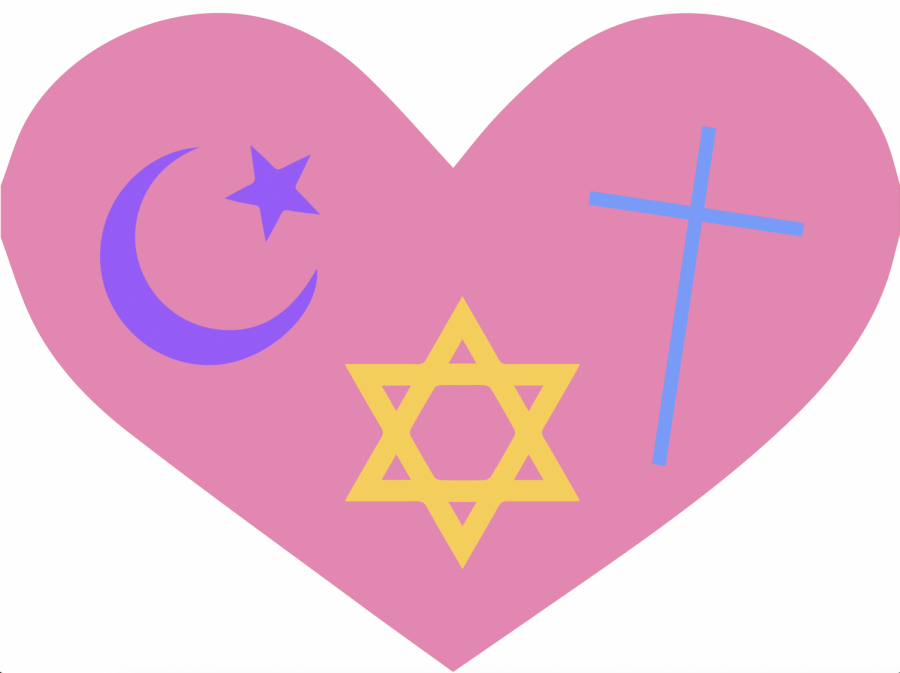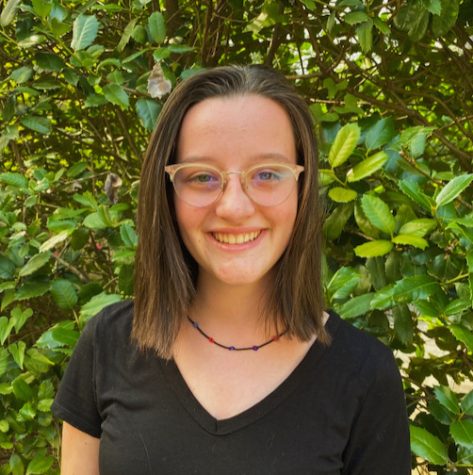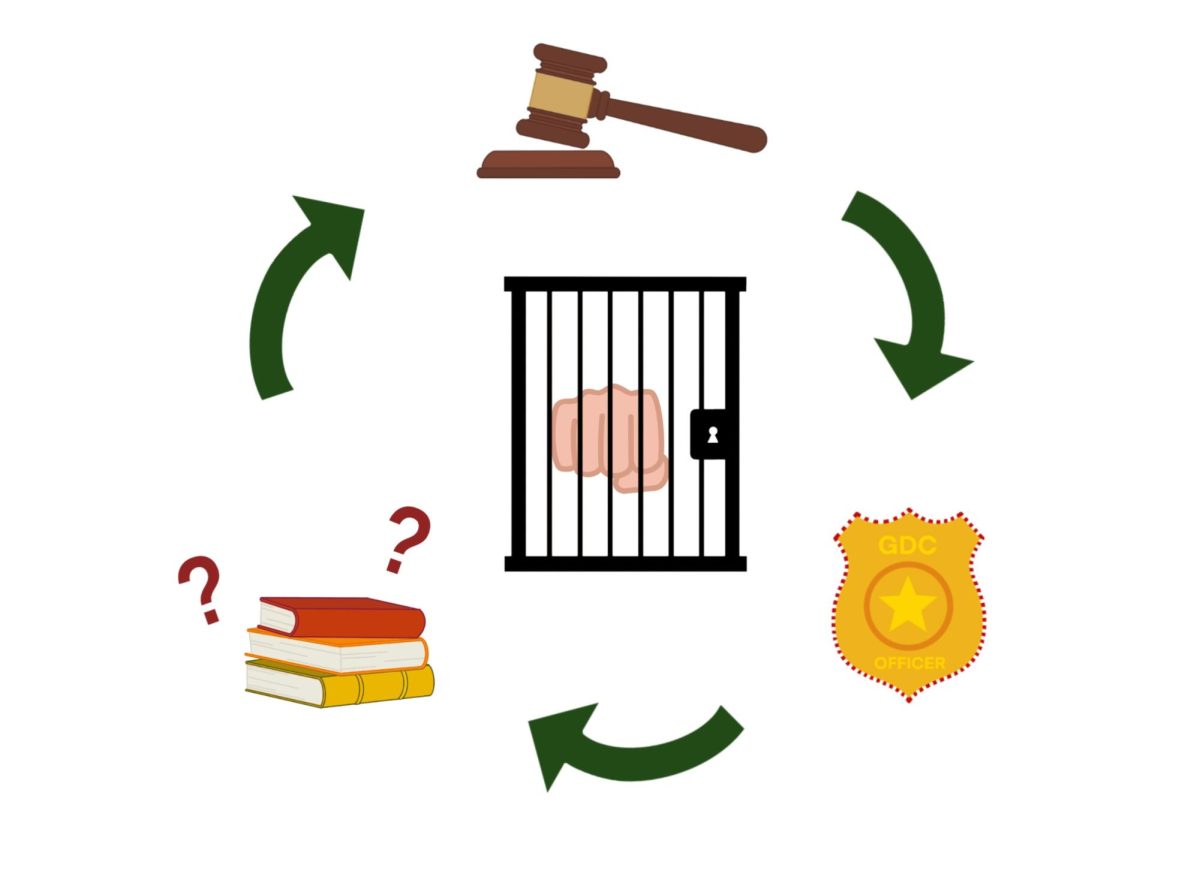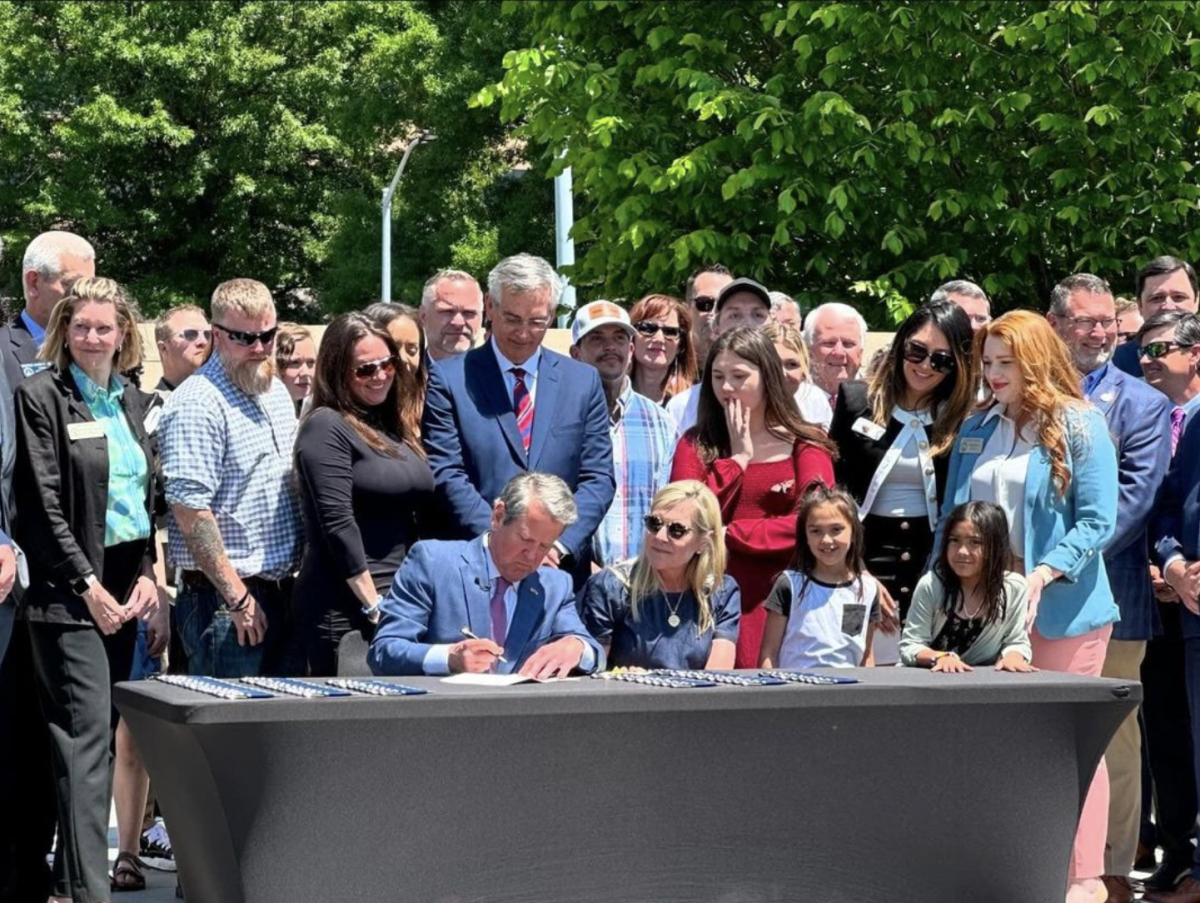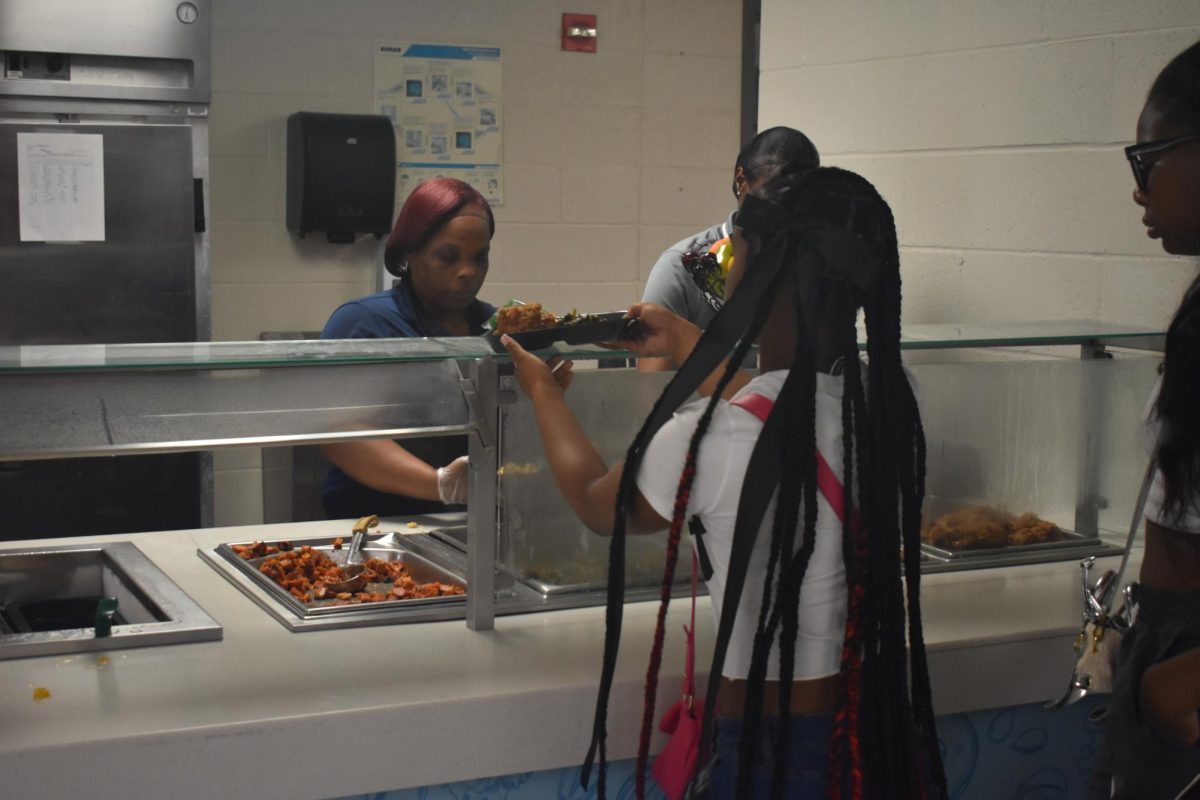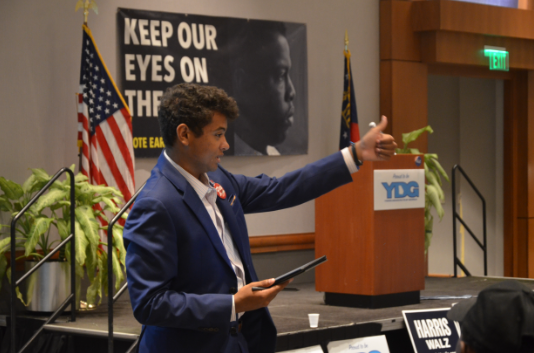Students celebrate lesser-known religious traditions
April 19, 2019
Each major religion has a holiday the public has heard about; whether it is Christmas, Hanukkah or Ramadan. However, there are holidays and traditions that devotees hold dear that are lesser known.
For instance, the Jewish faith is full of holidays that celebrate the importance of life, as well as the importance of surrounding yourself with family.
Sophomore Abby Edlein’s favorite holiday is Tu Bi’Shvat, which is a festival of the trees that is predominately celebrated in Israel. Another holiday that she really enjoys is Sukkot, which is a harvest festival where friends and family gather to build structures called Sukkahs in which they have a feast and pray. Regardless of which holiday they are celebrating, the faith is rich with history and traditions.
“For my family, in particular, it’s become very safe,” Edlein said. “It’s something I can go back to and always know this is what my family is always going to do. I know exactly what to do. It reminds me of my religion and all of the other people around the world who are doing the exact same thing that night. It’s a sense of connection for me.”
That same sentiment of tradition holds true for sophomore Inaya Abdul-Haqq. Twice a year, Abdul-Haqq participates in an Eid celebration, which is a feast that occurs after a major Islamic holiday like Ramadan and Hajj, which is full of food, happiness and family. They get together and cook meat, then give one third to family, one third to friends, and one third to those that are less fortunate.
“It’s not so much of a tradition as it is just doing what we should do, at least during that time and just being together,” Abdul-Haqq said.
Yet in a time full of religious hatred, it is rare for outsiders to truly delve into the culture and traditions of the religion they are hostile towards beyond the trademark holidays. This then creates a cycle of ignorance and prejudice.
Abdul-Haqq knows this cycle all too well. As a practicing Muslim, she prematurely started covering her head at around the age of 5. While she has gotten older, she has realized how cruel and ignorant the world can be. She has, therefore, decided that it is easier to not talk about her religion at all.
“I went to a predominantly Muslim school; so, I never was really exposed to a lot of hatred,” Abdul-Haqq said. “When I was a kid, I didn’t realize that it wasn’t completely normal to do the same things that I did. Once I got older, I started to notice all the differences, and I realized that I’m more special than I thought I was because of the faith that I had.”
Edlein has experienced similar discrimination and misconceptions about her faith. She’s been going to a Reform Jewish temple since before she went to preschool and loves the traditions her religion has. However, she has constantly had to listen to Holocaust jokes that she finds crude and offensive. Edlein finds that the best way to deal with ignorance is to educate people about traditions and ceremonies.
“Judaism has been surrounded by controversy since when it was created and a lot of times people say offensive things, and I know that they are not trying to be like that but that they’re just ignorant,” Edlein said. “A lot of times, I’ll tell them what actually happens in my religion or this is what they’re actually talking about.”
That being said, both Abdul-Haqq and Edlein choose to give people the benefit of the doubt because they have such a deep belief and happy memories within their religion. They believe that there is one common theme that spans almost all religions: community.
“I like the feeling of family that a lot of people have, and it just brings out the best in people, and that’s what holidays are about,” Abdul-Haqq said. “So, whether it’s a traditionally Muslim, Jewish or Christian holiday, it still all kind of means the same things to me.”

